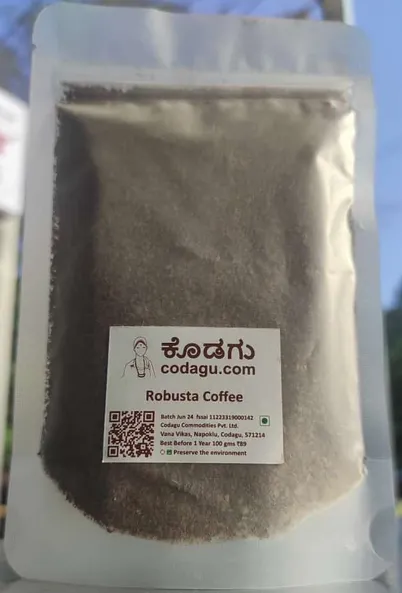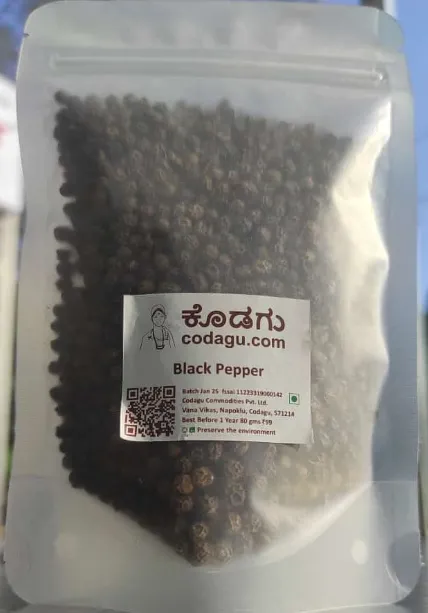Turning Waste into Wonder: Coffee Grounds Combat Agricultural Pollution
Our insatiable love for coffee results in millions of tons of discarded coffee grounds each year. However, scientists have uncovered yet another innovative use for them: the absorption of bentazone, a widely used herbicide in agriculture.
This breakthrough offers a dual solution to environmental challenges: repurposing coffee waste while mitigating the detrimental effects of herbicides on wildlife and ecosystems.
A team from the Federal Technological University of Paraná (UTFPR) in Brazil embarked on a study to explore the potential of activating carbon in spent coffee grounds using zinc chloride. Remarkably, this activated carbon exhibited a staggering 70 percent efficiency in removing bentazone, the predominant agricultural herbicide.
Conducting experiments with bentazone-infused liquid, the researchers observed its impact on onion root tissues known as meristems, pivotal for plant growth. Pre-activation, the effluent significantly harmed the meristems. However, post-activation, the treated effluent exhibited no toxicity, mirroring the control with distilled water.
The Environmental Protection Agency (EPA) in the US has already flagged the presence of harmful levels of bentazone in groundwater and drinking water, underscoring its adverse effects on human health through various exposure routes.
Moreover, the disposal of old coffee grounds poses environmental hazards, whether through water contamination or landfill deposition. Yet, intriguingly, certain chemical reactions triggered by coffee grounds have demonstrated utility in decontamination processes.
While these findings represent preliminary insights, they hold promise, showcasing the efficacy of carbon derived from spent coffee grounds in purifying water tainted with bentazone. Future endeavors will focus on refining and upscaling these methodologies.
"This study holds significant relevance in both industrial and environmental spheres, given the health and environmental hazards associated with the unregulated utilization of these materials," note the researchers.
From enriching food nutrition to potentially warding off dementia, scientists continue to unearth diverse applications for repurposing coffee grounds, providing a silver lining to our coffee consumption habits.
Though the precise mechanisms of the absorption process remain unclear, the study's outcomes are poised to drive further research in this domain. While numerous avenues for mitigating pesticide pollution exist, substantial work lies ahead.
"As groundwater and surface water contamination emerge as paramount environmental concerns, preventing water pollution stands as the greatest challenge of this century," emphasize the researchers.
The study findings have been posted in the 'Journal of Chemical Technology and Biotechnology'.




.jpeg)













